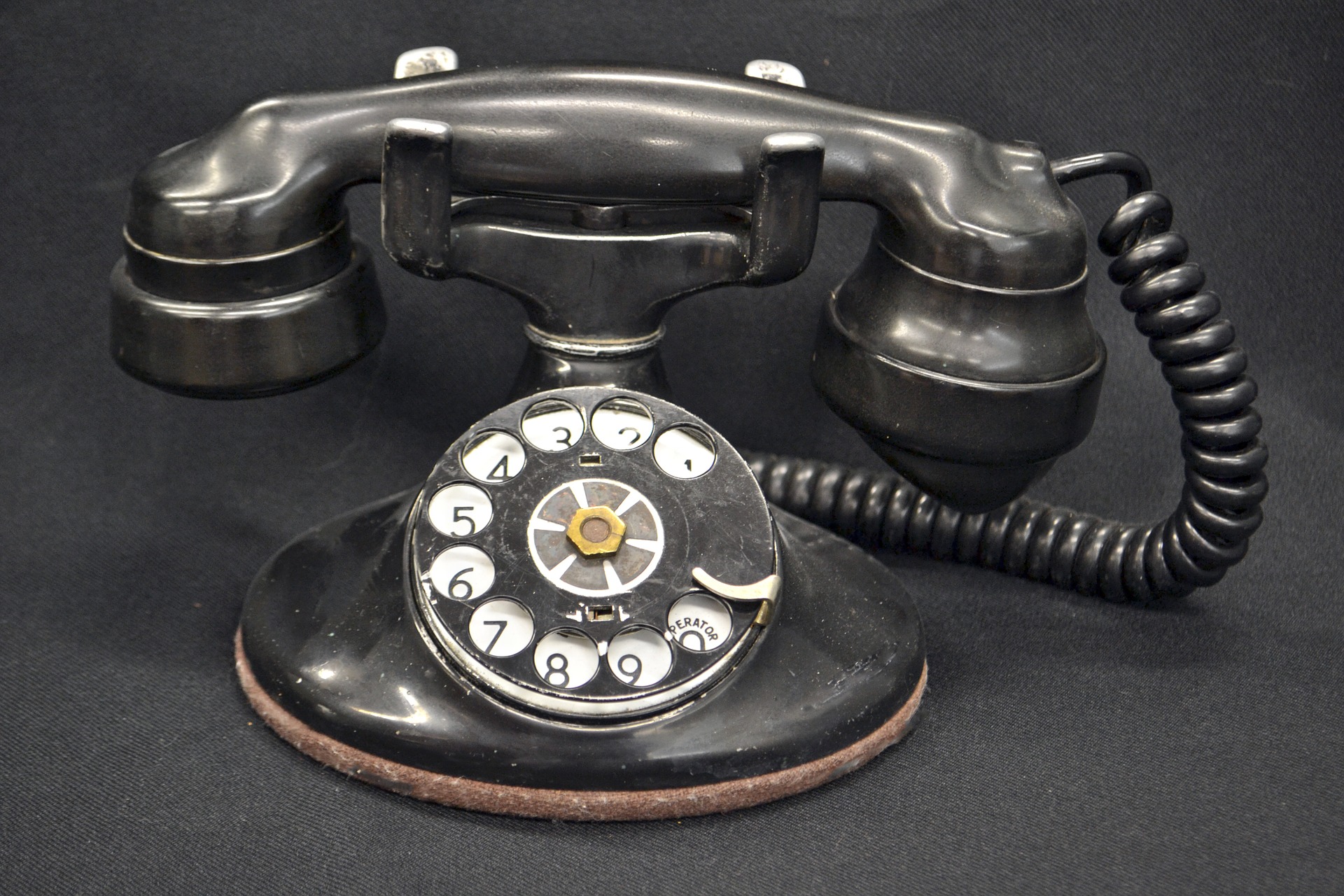4 Tips to Understand and Engage Millennials and iGens in Your Organization
Bridge the Generation Gap and Keep Young Talent

We don’t doubt you’ll agree that young talent and new hires come with energy, optimism, ideas, and passion. There’s something fearless, and naïve, about the way they approach work and the world. You’ll also agree that holding onto these new hires, keeping them motivated, is a challenge.
Before, people held onto jobs like life rafts. Now, though, the average worker stays at her job 4.4 years. This turns into a human resources nightmare. SHMR estimates employee turnover costs an organization 6 – 9 months of an employee’s salary.
Millennials, born in the early 1980s, and iGens (iGeneration or Generation Z), born mid-nineties and later, are reshaping the workplace and, in turn, the world. With all the hype about them, it’s hard to understand what is so different about them. What changed between us and them?
We’re going to discuss the Millennials and iGens and what separates them from the senior workforce. With a little more understanding, your organization can keep your best, new hires motivated and engaged, longer than the average 4.4 years.
1. Shift the focus from all work, to work-life: Before, the promise of stability (a solid salary, benefits, and retirement plan) was enough to tempt any new worker. Though we don’t want to discount the importance of a good salary, Millennials are driven by more than the bottom line: flex hours, time for personal and professional development, challenging projects, equal opportunity, autonomy. All of these touch on what the new labor force is seeking and will foster the ever-elusive employee engagement.
2. The Memo is Out, the Tweet (Snapchat, Instagram …) is In: “Step away from the Smart Phone, Phil.” Technology is a defining characteristic of Millennials and iGens. Many find it alarming the way the Millennials and iGens breathe technology. They’re a screen-hooked generation, only having seen rotary phones in episodes of Mad Men. This is, possibly, the first generation of workers that are more adept at using a critical business tool than their superiors as they’re natives to the digital world whereas their managers are immigrants. Your organization should come up with a corporate technology strategy to address and encourage this wealth of information. Use technology to connect to them on social media, forums, messages. Speak to them in their language and context to engage them in ways they better understand.
3. Progress, Promotion, and Recognition: Just as Millennials and iGens are used to instant results because of their technology habits, they’re also expecting the possibility of promotion and progress. In fact, the opportunity for promotion is more important than salary. Moreover, because they’re always getting feedback from those digital devices, feedback and communication with a Millennial or iGen from their managers is more important than ever. They want to feel their work is valuable and be recognized for it.
4. Generational Tensions: “Nose to the grindstone.” “Toe the line.” “Back in my day …” None of these will fly with the new generation. It’s hard to keep up with the light-speed changes of the latest generations. There should be a strategic training for both senior workers and new staff about corporate culture and workplace behavior to help bridge the gap. Tackling problems, whether it be from a technology point of view (a IM and the Millennial expectation of an instant response as opposed to “I’ll get back to you in a day.”) or changes in policy in terms of flex scheduling and more.
Millennials and iGens are the reshaping the world and workplace. Organizations can only find ways to engage them if they understand where they’re coming from and where they hope to go. Coming up with strategic organizational plans to bridge generational gaps, understand and connect with technology, and tap into what motivations Millennials and iGens is the only way to hold onto this incredibly valuable workforce.
Millennials at Work: Reshaping the Workplace
Schneider, Joan. How to Market to iGeneration, Harvard Business Review. May 6, 2015
